Posted on 12/20/2024
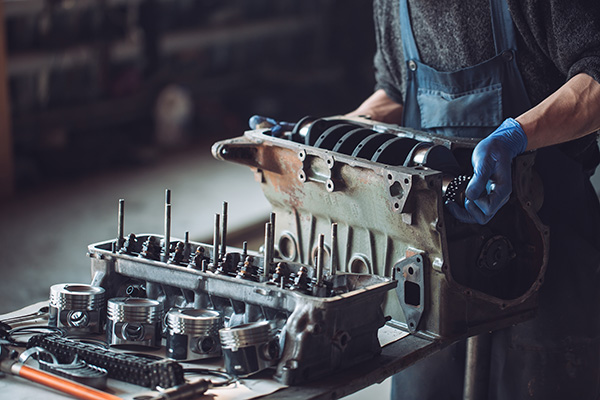
As the new year begins, many of us look for ways to cut costs and manage expenses. But when it comes to car repairs, avoiding the garage altogether isn’t exactly an option. That doesn’t mean you’re stuck with sky-high bills, though. With a little planning and some smart strategies, you can keep your car running well without emptying your wallet. Let’s explore how you can save on car repairs and make your budget easier this year. Start with Regular Maintenance Think of regular maintenance as an investment in your car’s future. While it might be tempting to skip an oil change or put off replacing that worn-out air filter, neglecting routine care can lead to much costlier repairs down the road. Simple tasks like topping off fluids, checking tire pressure, and replacing filters as needed can help your car perform efficiently and prevent wear and tear ... read more
Posted on 11/29/2024
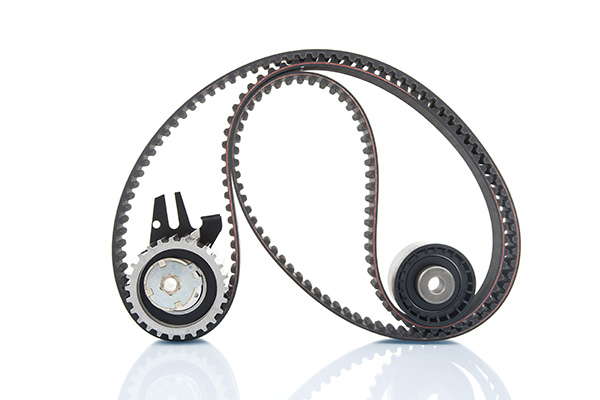
When it comes to keeping your engine running right, the timing belt is a true powerhouse component that you might not think about every day. Yet, this unassuming rubber belt ensures everything under the hood operates in sync. Ever wondered what exactly the timing belt does and why it’s so important? Let’s look closer at its role, how it impacts your car’s performance, and why timely maintenance is key to avoiding major issues. The Timing Belt In the simplest terms, the timing belt is responsible for coordinating the movement of the engine’s internal parts. It synchronizes the rotation of the crankshaft and camshaft so that the engine’s valves open and close at just the right moments, allowing air and fuel to enter and exit the combustion chambers precisely when they should. This synchronization is essential for smooth engine operation, fuel efficiency, and power generation. Think of it this way: without the timing belt ensuring the cran ... read more
Posted on 10/31/2024
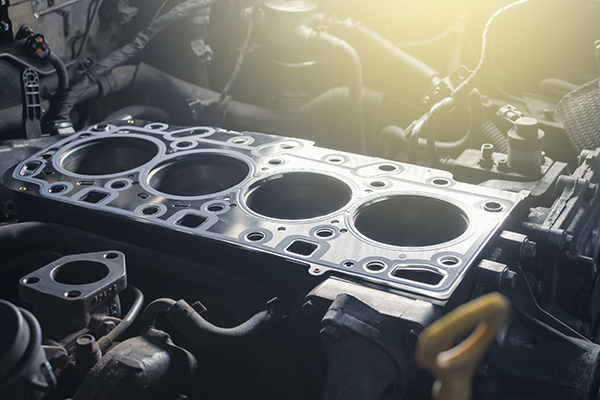
If you're a car owner, you've probably heard about engine flushes at some point, but you might be wondering whether they’re really necessary or just another add-on service. Over time, sludge, grime, and debris can build up in your engine, leading to less-than-ideal performance. That’s where an engine flush comes in. But what exactly is an engine flush, and why should you consider it for your vehicle? What Is an Engine Flush An engine flush is a cleaning process where a special chemical solution is added to the engine oil. This solution helps to dissolve and dislodge the built-up deposits of sludge, dirt, and other contaminants that accumulate over time. Once the solution has done its job, the dirty oil is drained, and fresh oil is added, leaving your engine cleaner and potentially running more efficiently. Now, let’s look at some of the key benefits of an engine flush. Improves Engine Performance One of the most immediate ... read more
Posted on 9/27/2024
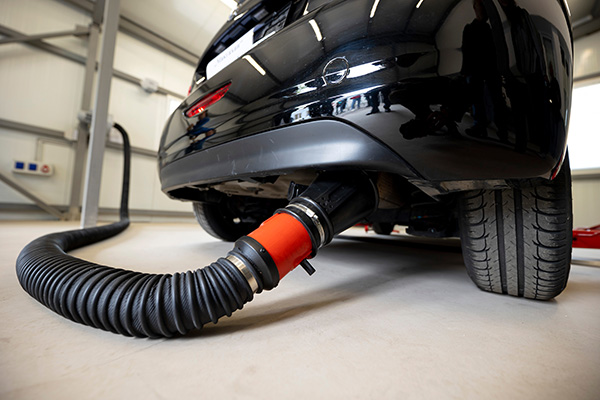
So, you’re gearing up for that smog test, and then you notice it—the check engine light glaring at you from the dashboard. It's that tiny, illuminated warning that sends a shiver down any car owner's spine. You’re probably wondering, “Can I still pass the smog test with this thing on?” It's a question that pops up frequently, and the answer is something every car owner should be aware of before heading to the test station. The Smog Test In many states, vehicles are required to undergo emissions testing every couple of years. This test is designed to ensure that your vehicle isn’t emitting more pollutants than the law allows. The goal is to keep air quality in check, reduce environmental impact, and ensure that all vehicles on the road are operating efficiently. During the California smog test, technicians will hook your car up to a machine that measures the levels of pollutants being emitted from your exhaust. They ... read more
Posted on 8/30/2024
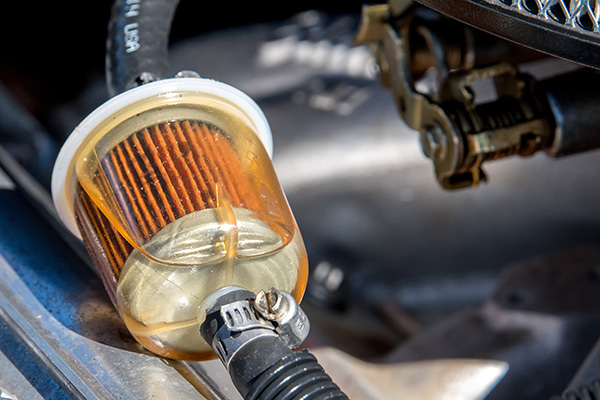
When it comes to your vehicle's performance, the fuel system is one of those essential components that often goes unnoticed—until something goes wrong. Among the many elements of this intricate system is the fuel filter. You might be wondering, "Why should I care about a dirty fuel filter?" Well, get ready because we're going to look into the fuel filters and their significant impact on your engine's health. The Role of the Fuel Filter Before we discuss the dangers of a dirty fuel filter, let's quickly break down what this component actually does. The fuel filter is designed to trap impurities and contaminants present in the fuel before they reach the engine. Think of it as a security guard at the entrance of a club—keeping unwanted guests (impurities) from getting in and ruining the party (your engine's performance). This means your fuel filter prevents dirt, rust, and other particles from mixing with the fuel that powers yo ... read more